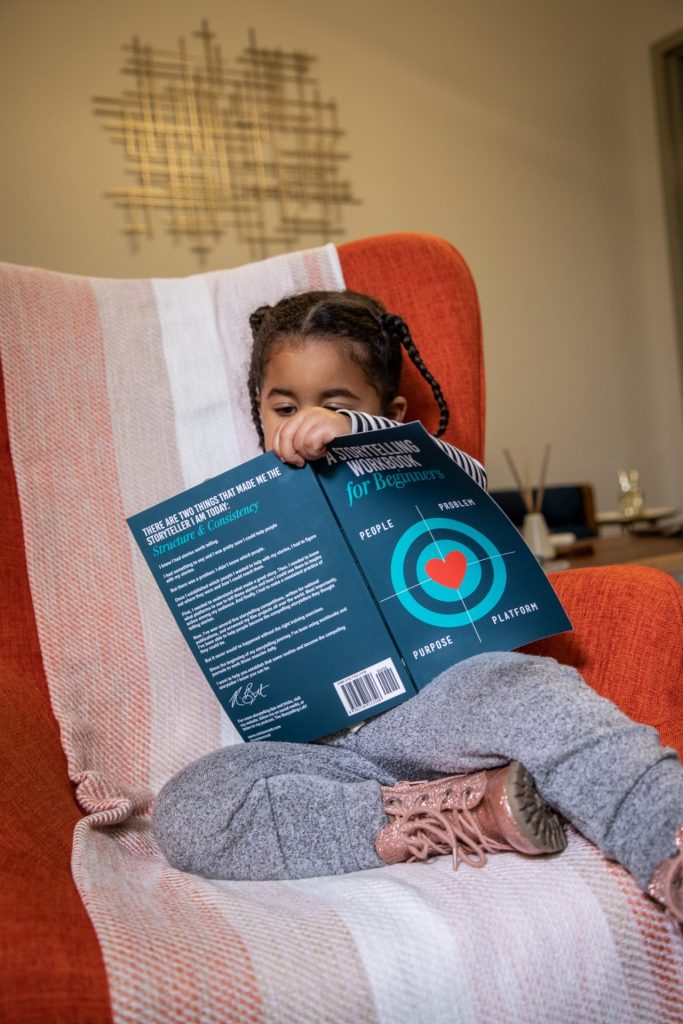
Your baby’s brains are firing with neuronal activity from the moment they are born. Neurons help shape how they learn and absorb the world around them. As they grow, children use each moment as a potential for learning. Some children learn faster than others, but most kids benefit from a little extra help. Reading, writing and arithmetic are the core principles of education. Here are fun ways you can help your child with the three Rs.
Incorporate Mathematics into Everyday Life
Mathematics is all around us. Music, physics and even in nature, mathematics makes up the world we see and interact with every day. Your children may not have any concept of the mathematical world, but you can incorporate it into activities. For instance, tips for encouraging number recognition include number sequencing (what comes before and after each number) and counting principles (the increased numerical value) that can be used in games. You could count the number of coloured socks in the laundry basket or make number jewellery.
Use Online Learning Tools
Today’s children are the first growing up who will not remember a world without the internet, smartphones and social media. Whether you love technology or loathe it, today’s connected devices are excellent for finding learning resources. The internet is full of free and helpful tools for helping your kids learn primary education. If you want reading, writing, or maths, many websites full of games make learning fun and entertaining. Some of the best include:
- ABCmouse: excellent for reading and writing.
- Starfall: creative math and reading.
- Cool Math: highly animated maths education.
- Funbrain: fun games covering almost everything.
Your kids will absolutely love the games and activities in these online tools. They are all excellent at making learning fun, with games and activities designed. Hence, the children think of them more as video games than classrooms.
Play Video Games Together
Further to video games, playing video games together is an excellent way to help your children learn to read. In addition, video games help with cognitive function, problem-solving, coordination and concentration. While there are purpose-built learning games, AAA Switch games for kids are no less educational. Especially games for consoles like the Nintendo Switch that are designed for kids. Switch games are simplified so that the dialogue is displayed as text rather than voice acting, forcing children to read what is happening.
Read Well-Established Children’s Authors
For learning how to read, however, it doesn’t get much more fun than reading fun stories with your kids from established children’s authors. And as entertaining as some kids books are, many of them also come with hidden life lessons. The Lorax, The Huge Bag of Worries, and Everybody Poops are perfect examples. Then, as your child learns to read better and matures, you can move on to substantial literature from authors like Roald Dahl and Jaqueline Wilson. Reading from an early age helps kids with cognition and understanding the world around them.
Play Car Games
Covid-19 has severely restricted international travel over the past two years, and it is still unpredictable. As a result, most families choose to take domestic holidays instead. Unfortunately, this means you will need to travel by car, coach or train to far-flung corners of your country. However, when travelling with your kids, you can make the most of a journey by playing car games based on learning. For example, counting the number of silver cars that pass to encourage counting principles. Additionally, number sequencing comes with games such as 20 Questions.
Trace Letters for Cursive
Reading and counting are critical skills everyone needs. However, writing skills can sometimes take a back seat with today’s digital devices and electronic communication. Writing is, of course, just as essential as any other skill. While your child’s school will teach them to write, cursive writing may not be part of the curriculum. Teaching cursive helps kids learn to spell correctly with hand movements creating muscle memory and spelling patterns. In addition, the focus required for cursive helps children with visual and spatial awareness and coordination.
Encourage and Reward
Even with fun activities and games, getting children to learn extra things can be trying. Considering there’s so much for them to do these days, such as playing outside, playing mobile games or playing Fortnite, you might have a challenge on your hands. Therefore, you should make every effort to encourage extra learning and reward appropriately. For instance, if your kids love Fortnite, and they probably do (45% of parents acknowledge this), then you can use it as a reward for spending 30 minutes practising their algebra skills with a fun online tool.